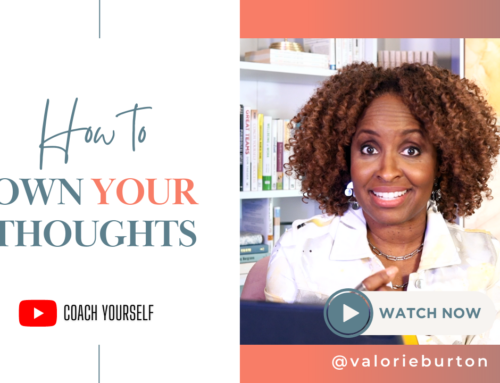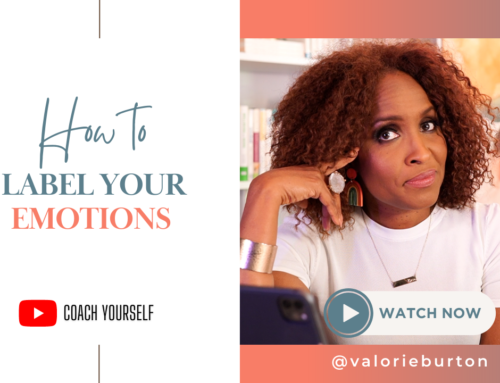“Be thankful for what you have; you’ll end up having more. If you concentrate on what you don’t have, you will never, ever have enough.” – Oprah Winfrey
What are you most thankful for this Thanksgiving? Research shows, there are benefits to giving thanks – not just gratitude for what we have, but expressing gratitude to those who bless us. Consider the benefits below, then set out to write a “gratitude letter,” a new holiday tradition that has the power to impact someone who deserves your heartfelt appreciation. What does gratitude do for you?
- It boosts your immune system.
College students who kept gratitude journals for three weeks were less likely than their peers to catch colds or flu.
- It helps you put things into perspective.
Noticing what’s good in your life keeps you from over-focusing on what you think is not so good. Whenever you begin to feel down, ask yourself, “What can I be grateful for?”
- It strengthens relationships.
Expressing gratitude to the people in your life leaves them feeling appreciated. Everyone wants to feel acknowledged for the good they contribute. Gratitude promotes goodwill and inspires more of it.
As we step into the holiday season with Thanksgiving and family gatherings, I challenge you to create a new gratitude ritual that will strengthen bonds and relationships: It’s called a “gratitude letter.” You might even consider doing it over your holiday dinner – and get the whole family involved. It starts with choosing someone you are grateful for. Who in your life has impacted you, believed in you, or helped you in ways that cause your heart to overflow with appreciation?
Write a Gratitude Letter
Set aside a half hour or so. Put pen to paper or fingers to your keyboard and write a heartfelt letter of gratitude. Here’s how:
- Don’t be vague or generic: “Thank you for everything you’ve done for me.” Be vivid and specific, “You have always been there for me, like the time three years ago when I lost my job. Some of my closest friends seemed not to notice my struggle, but you called every day. You believed in me when I had lost belief in myself. You spent time helping me revamp my resume and listened for hours as I vented about my old job, and how unfair it was that I got laid off. I know you had to get tired of my whining, but you never showed it!” The more specific you are, the more powerful it feels to the person on the receiving end.
- Print it as a keepsake. You can put it in an envelope. You can wrap it like a scroll and tie a ribbon around it. Be creative and come up with a special package, if you want. The idea is to make it special, not just an email or some words you speak. There is power in the written word.
- Read it aloud to them. Here’s the best part – and for some, the uncomfortable part. Tell the recipient of your gratitude exactly what you’re doing. Blame it on me, if you like. “See, I was reading this article by this life coach, and she said it can be really powerful to express gratitude to someone who has impacted you – especially if you take the time to write it out and read it to them. When she wrote, “Who do you feel especially grateful for?” I thought of you.” Then read your letter – slowly and deliberately. Let it soak in. Enjoy!
My challenge to you:
Choose someone you want to show extra appreciation. Write them a gratitude letter. Read it to them.
Journaling assignment:
Who are you most grateful for? When will you write them a gratitude letter? What are three vivid, specific examples of ways they have blessed your life? Include those examples in your gratitude letter.



